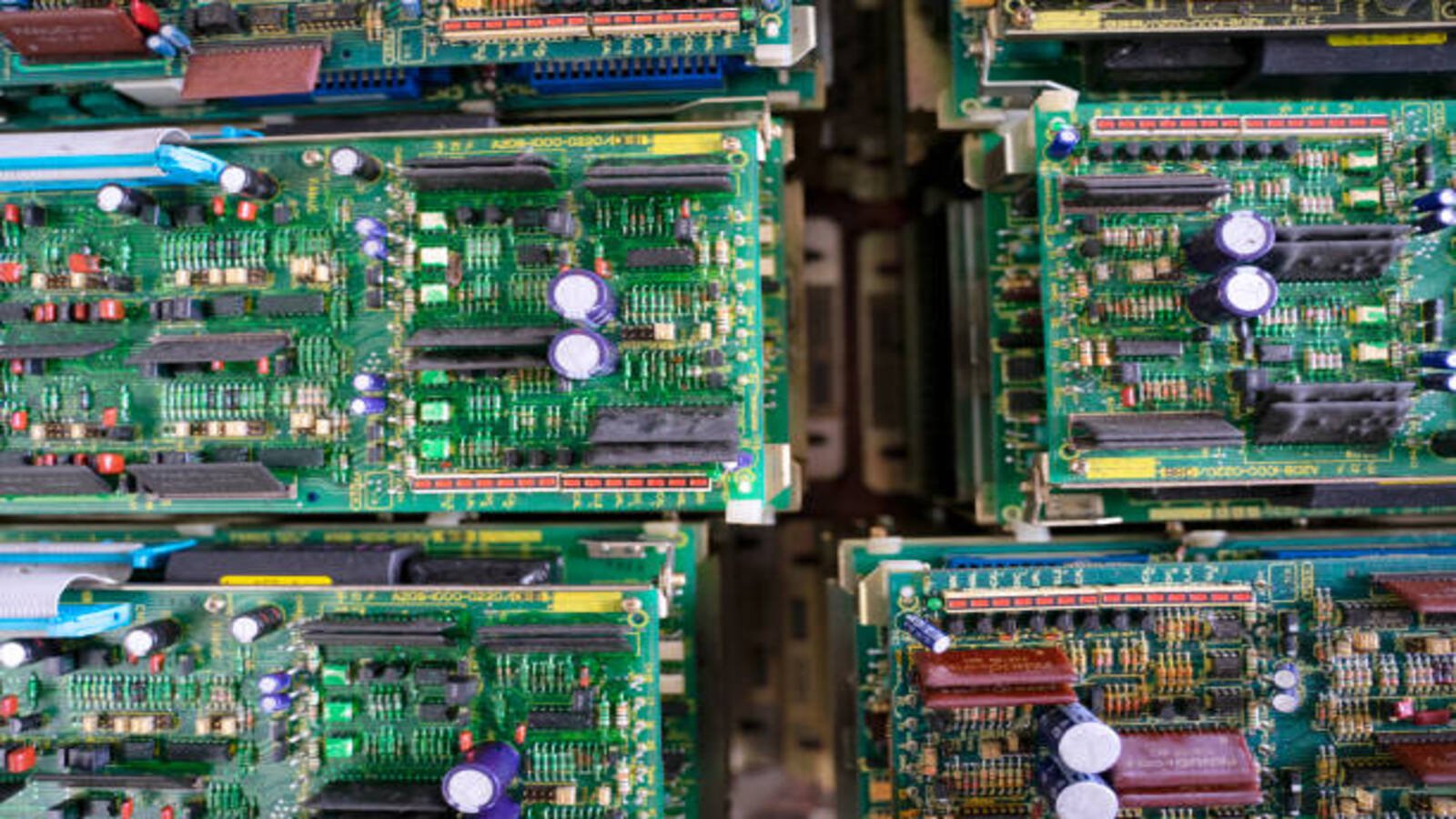Understanding Standard Fasteners: Applications and Benefits
Fasteners are essential components in a wide range of applications that require the secure attachment of two or more objects. Fasteners are used in everything from small electronic devices to large aerospace structures. While there are many types of fasteners available, standard fasteners are the most commonly used. In this article, we will explore the applications and benefits of standard fasteners.
What are Standard Fasteners?
Standard fasteners are pre-engineered fasteners that conform to specific industry standards. These standards ensure that the fasteners meet specific quality, performance, and safety requirements. The most commonly used standards for standard fasteners are ASTM, SAE, and ISO. These standards cover a wide range of fasteners, including bolts, screws, nuts, washers, and pins.
Applications of Standard Fasteners
Standard fasteners are widely used in various industries, including aerospace, automotive, electronics, construction, and manufacturing. In aerospace, standard fasteners are used in aircraft structures, engines, and other critical components. In the automotive industry, standard fasteners are used in engines, transmissions, and chassis components. In electronics, standard fasteners are used in devices such as smartphones, computers, and tablets.
Benefits of Standard Fasteners
The use of standard fasteners offers several benefits. First and foremost, standard fasteners are readily available from a variety of sources. This ensures that companies can easily find the fasteners they need for their applications, which helps reduce downtime and maintenance costs. Second, standard fasteners are designed to meet specific quality and performance standards, which ensures that they are reliable and safe. Finally, standard fasteners are cost-effective, as their pre-engineered design allows for mass production and reduces the need for custom manufacturing.
Bolt vs. Screw: What's the Difference?
While bolts and screws may look similar, they are designed for different applications. Bolts are typically used in applications where a strong, permanent connection is required. They typically feature a threaded shaft and a nut that is tightened against the head of the bolt to create a secure connection. Screws, on the other hand, are designed to be screwed into a threaded hole or material. They are typically used in applications where a temporary or removable connection is required.
The Importance of Torque in Fasteners
Torque is a critical factor in the performance of fasteners. Torque refers to the force needed to tighten a fastener to a specific degree. Too much torque can damage the fastener or the material it is attached to, while too little torque can result in a loose connection. It is essential to follow the recommended torque specifications for each fastener to ensure proper performance and reliability.
Common Fastener Materials
Fasteners are available in a range of materials, each with its own advantages and disadvantages. The most commonly used materials for standard fasteners include steel, stainless steel, brass, and titanium. Steel is the most commonly used material for fasteners because of its strength and durability. Stainless steel is preferred in applications where corrosion resistance is critical. Brass is used in applications where non-magnetic and aesthetic properties are required. Titanium is preferred in applications where high strength-to-weight ratio is important.
The Role of Coatings in Fasteners
Coatings are used in fasteners to improve corrosion resistance, enhance appearance, and provide lubrication. The most commonly used coatings for fasteners include zinc, nickel, and chrome. Zinc is widely used in fasteners because of its ability to protect the fastener from corrosion. Nickel is used in applications where a high level of corrosion resistance is required. Chrome is used in applications where aesthetics is important, such as furniture and automotive components.
The Importance of Proper Fastener Installation
Proper installation of fasteners is critical for their performance and reliability. Improper installation can result in over-torque, under-torque, or cross-threading, which can damage the fastener or the material it is attached to. It is essential to follow the manufacturer's recommended torque specifications and installation procedures to ensure proper performance of the fastener.
The Future of Fasteners
The fastener industry is constantly evolving to meet the changing needs of various industries. The use of lightweight materials and 3D printing technologies is expected to have a significant impact on the development of new fasteners. Additionally, the adoption of smart technologies such as RFID and IoT is expected to improve the tracking and maintenance of fasteners.

